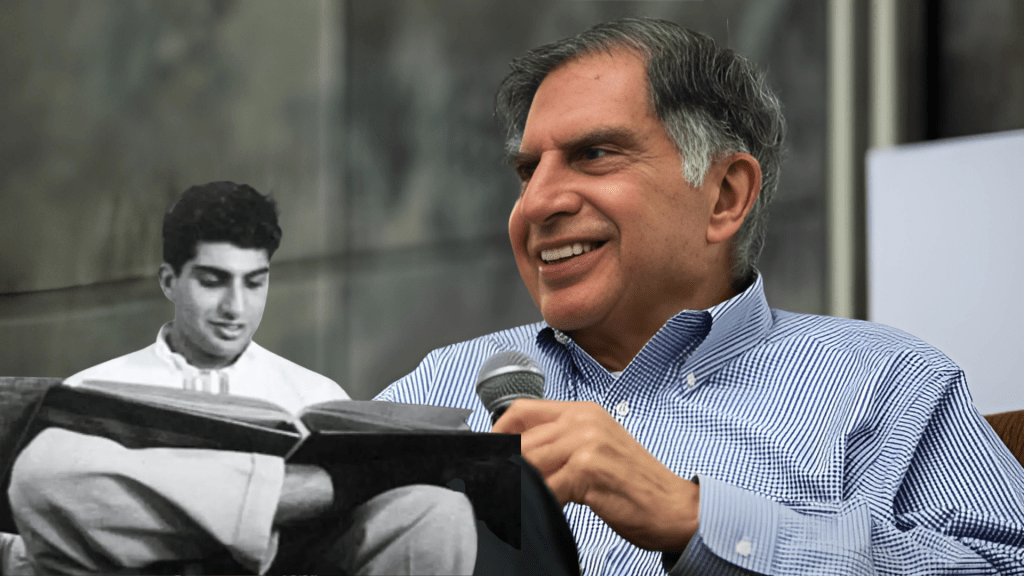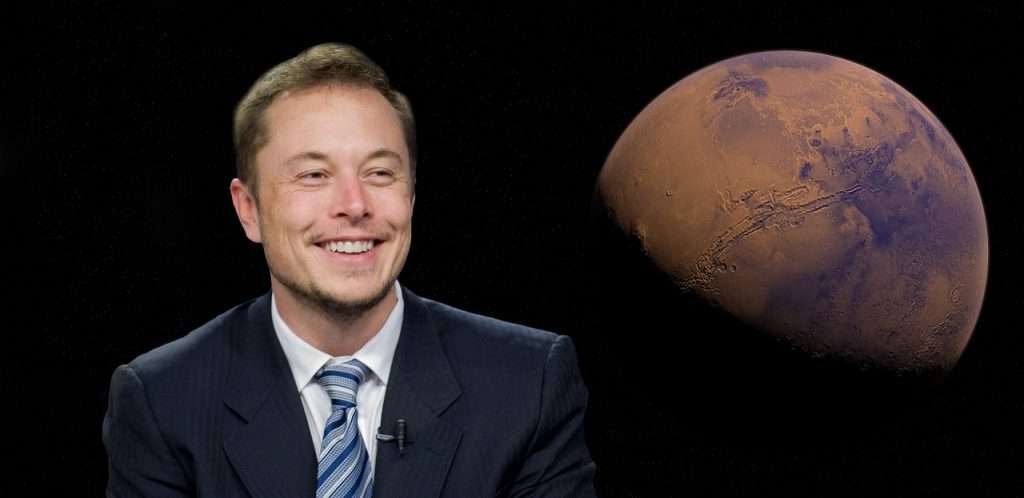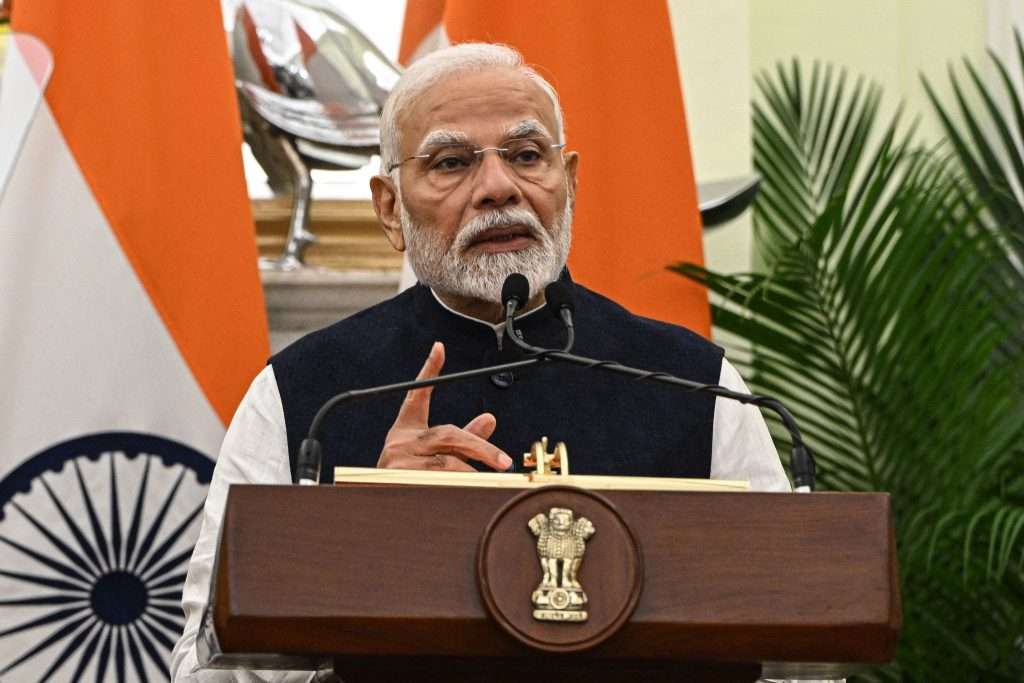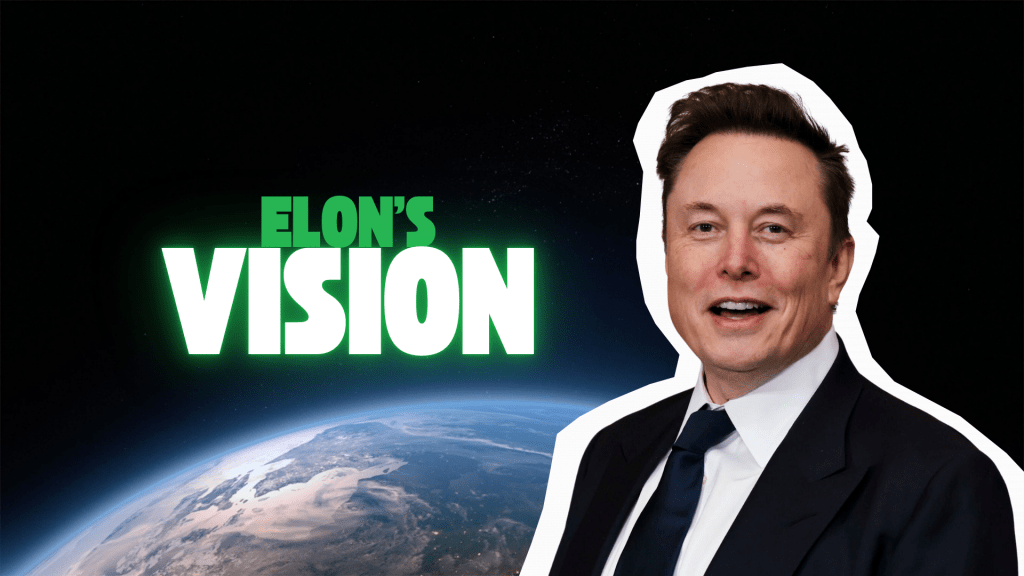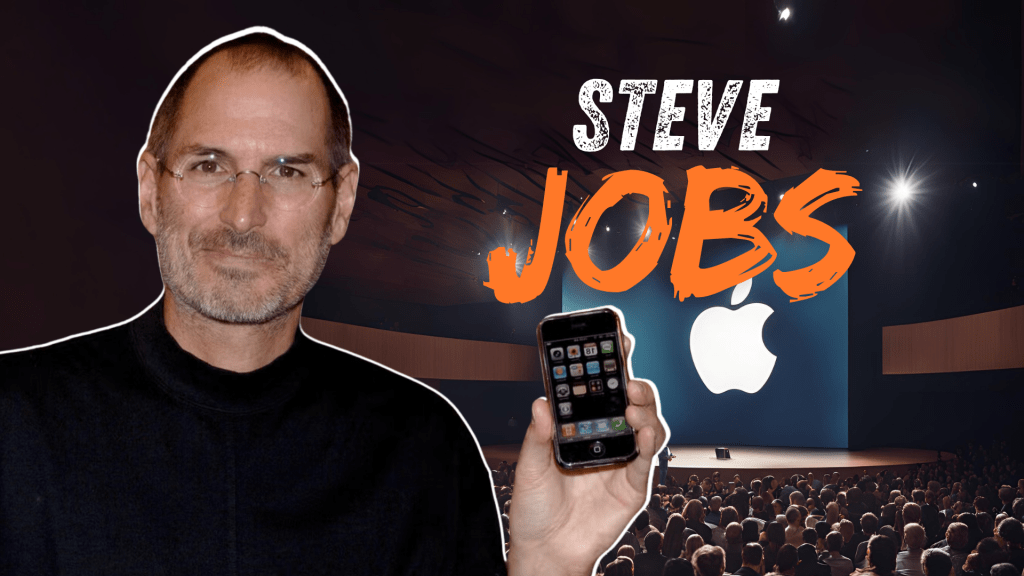In life, there are individuals whose influence transcends industries and leaves an everlasting impact on society. Ratan Tata, one such visionary, has always stood as a symbol of humility, perseverance, and leadership. As I’ve learned from reading about his life and watching documentaries that chronicle his incredible journey, Ratan Tata wasn’t just a businessman—he was a man of profound integrity and relentless ambition. Today, as we honor his memory, we reflect on the legacy he left behind, one that continues to inspire across generations.
The Humble Beginnings
Born in 1937 into one of India’s most respected business families, Ratan Tata was destined to lead. But rather than rely on his family’s stature, he built his success on hard work and an intrinsic understanding of business from the ground up. After earning degrees from Cornell University and completing an Advanced Management Program at Harvard, Tata started at Tata Steel, not in a plush office, but on the shop floor. It was here, working among his employees, that he learned the value of humility and hard work.
Books I’ve read often recount how he never sought shortcuts. Despite his privileged background, Ratan Tata always prioritized earning respect through actions, not titles. This would later become the foundation of his leadership style, which saw the Tata Group evolve from a national player into a global business powerhouse.
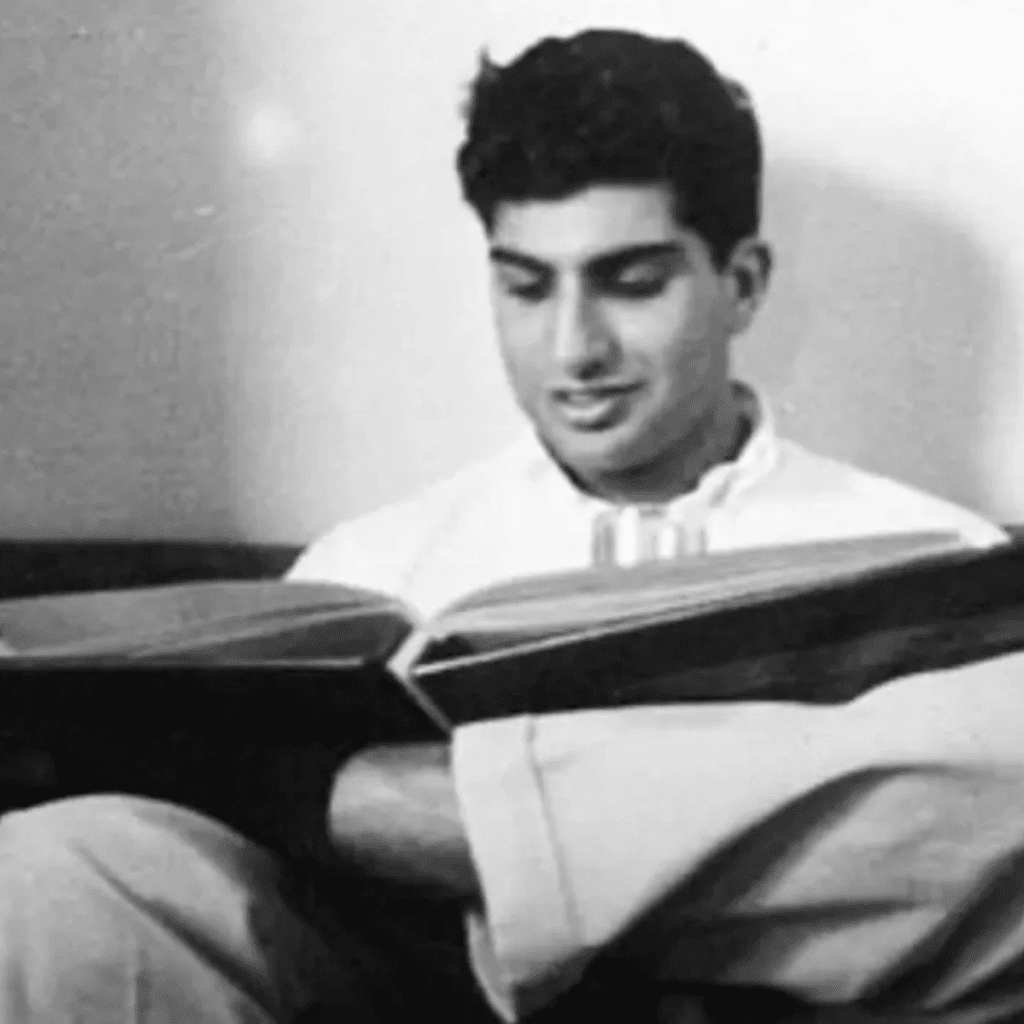
The Birth of the Nano: A Dream for the Common Man
One of Ratan Tata’s most audacious projects was the Tata Nano—the world’s cheapest car. His dream? To make car ownership accessible to the millions of middle-class families in India who couldn’t afford one. The Nano was not just a commercial venture, it was a reflection of Tata’s empathy and his desire to improve the quality of life for the masses.
I remember watching a documentary where Tata spoke about the emotional drive behind this car. He was deeply moved when he saw entire families squeezed onto two-wheelers, struggling to commute in dangerous conditions. Tata’s solution was simple yet bold: to create a car that would cost as much as a two-wheeler. Launched in 2008, the Nano was a groundbreaking achievement, even though it faced many challenges. While it didn’t achieve the commercial success he hoped for, the intent behind the Nano—innovation with a human touch—was quintessentially Ratan Tata.
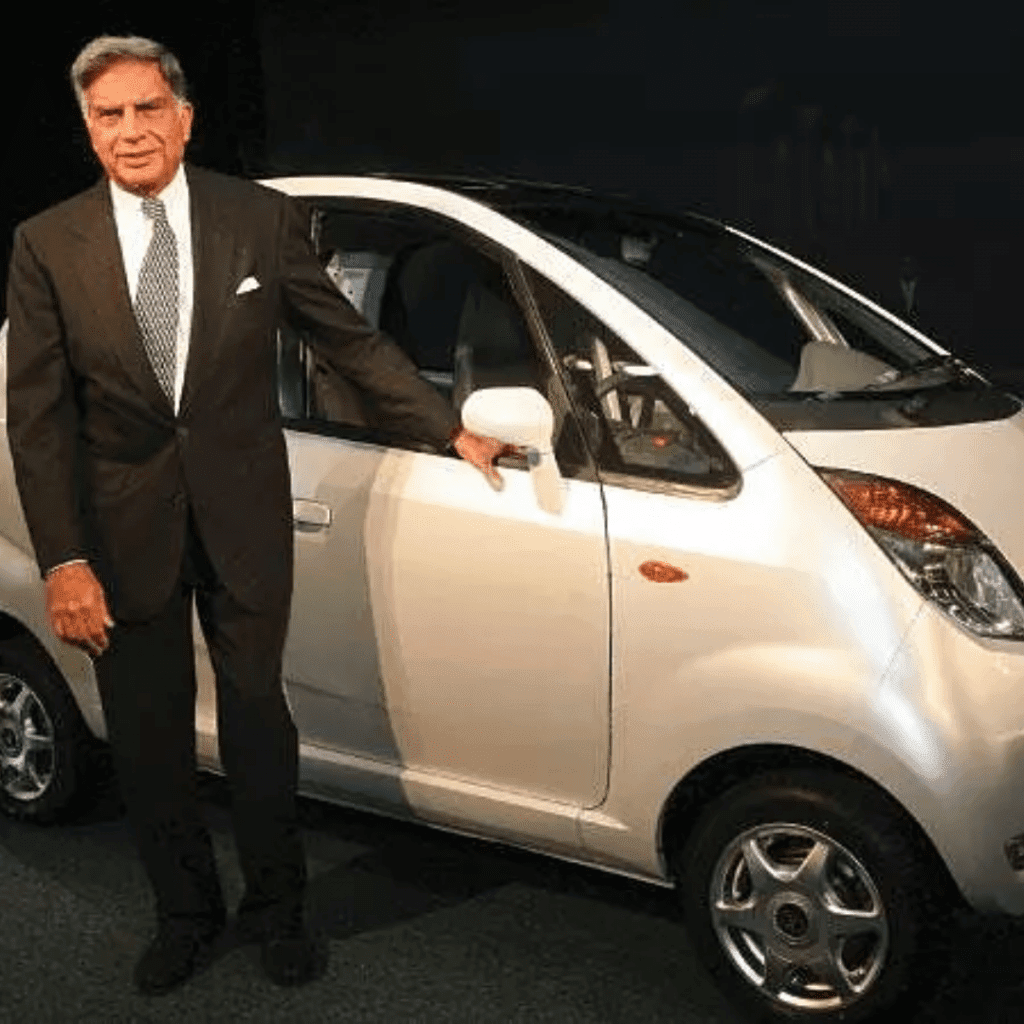
The Ford Incident: An Insult Turned Triumph
Perhaps one of the most remarkable stories that exemplify Ratan Tata’s character is his encounter with Ford during the sale of Tata Motors’ passenger car division in 1999. Tata’s car business was struggling at the time, and during negotiations, Ford’s then-chairman, Bill Ford, reportedly said to Tata, “You do not know anything about cars. Why did you start the business?” The comment was humiliating, and Tata, stung by the insult, chose to walk away from the deal.
The story could have ended there, but Ratan Tata was not one to back down. In 2008, nearly a decade later, when Ford was on the brink of collapse, the tables had turned. Tata Group stepped in to buy Jaguar and Land Rover (JLR) from Ford in a historic deal valued at $2.3 billion. The acquisition not only saved Ford from sinking further but also transformed Jaguar and Land Rover into global luxury brands under Tata’s leadership.
Ford, which had once belittled Tata Motors, was now selling two of its iconic brands to the very man they had disrespected. In a twist of fate, Ratan Tata had the last laugh—by empowering JLR to flourish and by demonstrating the power of resilience. This story remains one of the most talked-about in business circles and highlights Tata’s grace under pressure. He never retaliated or gloated about the win, staying true to his principles of quiet strength.
Leadership Defined by Integrity
Under Ratan Tata’s leadership, the Tata Group made several strategic acquisitions—JLR, Tetley, Corus Steel—that cemented its global footprint. But what truly set Tata apart was not just his business sense, but his unwavering integrity. One of the books I read recounted an instance where he refused to pay bribes during the launch of Tata Motors’ car division. In an environment where many succumb to corruption, Tata’s moral compass never wavered.
Ratan Tata’s leadership style was built on empathy and ethics. He believed that businesses should not just focus on profits but should also uplift society. More than 60% of Tata Sons’ profits go toward charitable causes through various Tata Trusts, supporting education, healthcare, and rural development in India. One of his most inspiring philanthropic efforts came after the 26/11 terrorist attacks in Mumbai, when the Taj Mahal Palace Hotel, owned by the Tata Group, became a target. Tata personally ensured that the families of the deceased and the affected employees were well cared for, showing not just leadership but compassion at a time of crisis.
The Legacy Lives On
Even after his retirement, Ratan Tata remained a guiding force, investing in startups, mentoring young entrepreneurs, and supporting social causes. His vision for India wasn’t just limited to business growth but extended to creating a more inclusive and humane society. I recall an interview where he spoke about his disappointment over the Nano not achieving commercial success, yet he never regretted it. The Nano was a testament to his commitment to improving the lives of everyday Indians, regardless of its market outcome.
Ratan Tata’s life is a lesson in resilience, humility, and moral conviction. As I reflect on everything I’ve read and watched about him, I can’t help but be moved by his quiet determination and unwavering principles. His journey—marked by both setbacks and triumphs—teaches us that true leadership is about standing firm in one’s values, even in the face of adversity.
The Final Bow
As we pay tribute to Ratan Tata today, we remember not just a businessman but a visionary who touched the lives of millions. From creating cars for the common man to rescuing global brands and from building a global empire to uplifting India through philanthropy, his legacy is one that will inspire generations.
Ratan Tata once said, “I don’t believe in taking right decisions. I take decisions and then make them right.” This quote perfectly encapsulates the spirit with which he lived and led—bold, fearless, and always driven by a deep sense of purpose.
Rest in peace, Ratan Tata. Your journey has left an indelible mark on India, the world, and in the hearts of those who admired your life’s work.
If the information you are looking for is not available here, please contact us. Additionally, follow us on our social media platforms for updates and more information:

